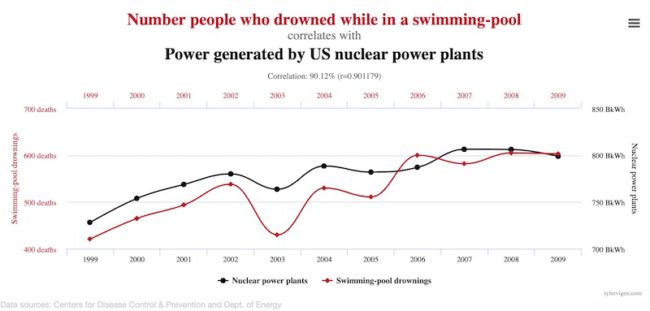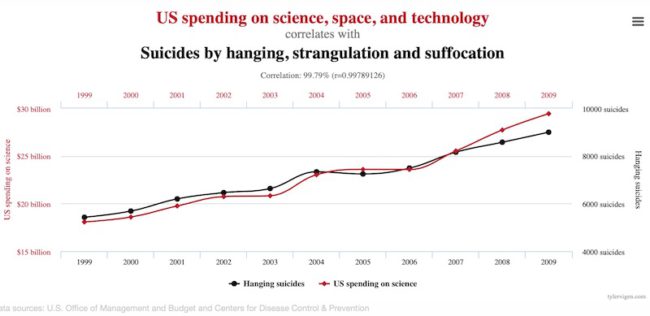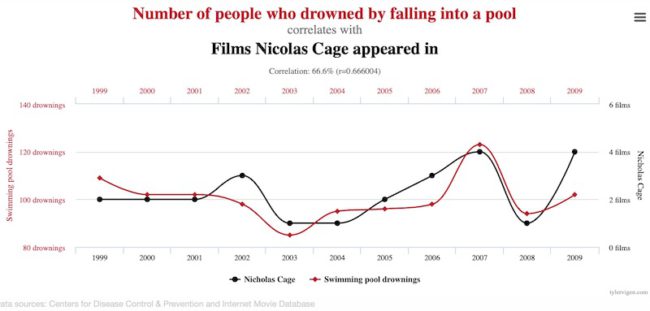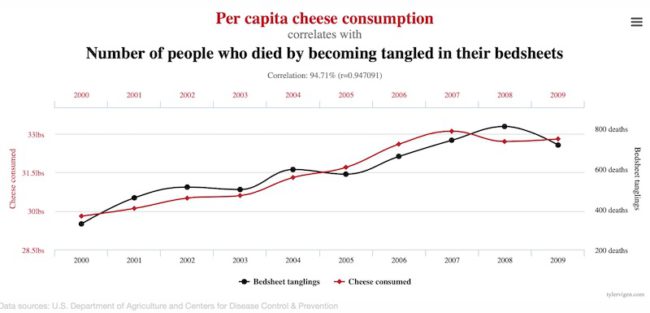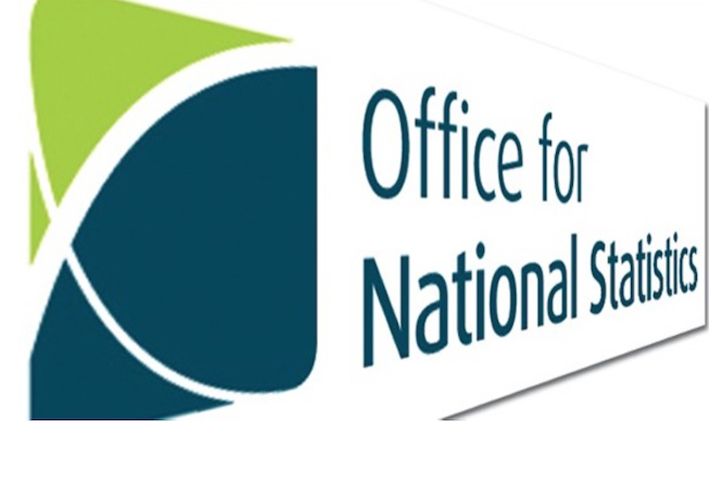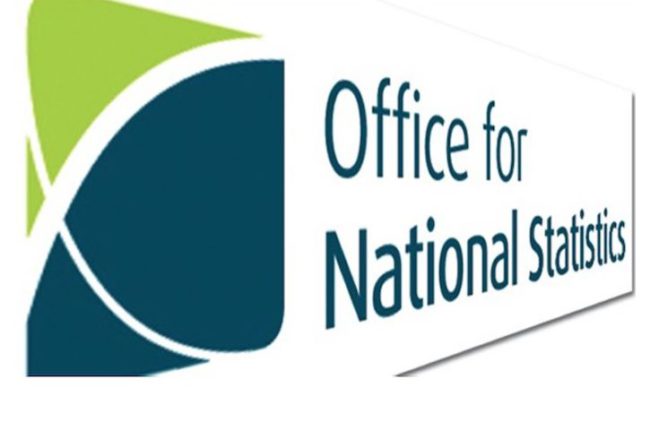
A rather odd little statistic has popped up via the UK’s ONS (Office of National Statistics). On 19th of June they published “Coronavirus (COVID-19) related deaths by religious group, England and Wales: 2 March to 15 May 2020“.
Side Note: They are a mine of statistics, and so this of course is simply one of many. The hint is in their name. They are an official executive office in the UK that does nothing except to collect and publish statistics related to the economy, population and society of the UK. This is then used for social and economic policy-making.
What have they highlighted?
For every 100,000 people who identify with a specific religious community, how many died of COVID-19 between 2 March to 15 May 2020?
Here is the table (from here) …
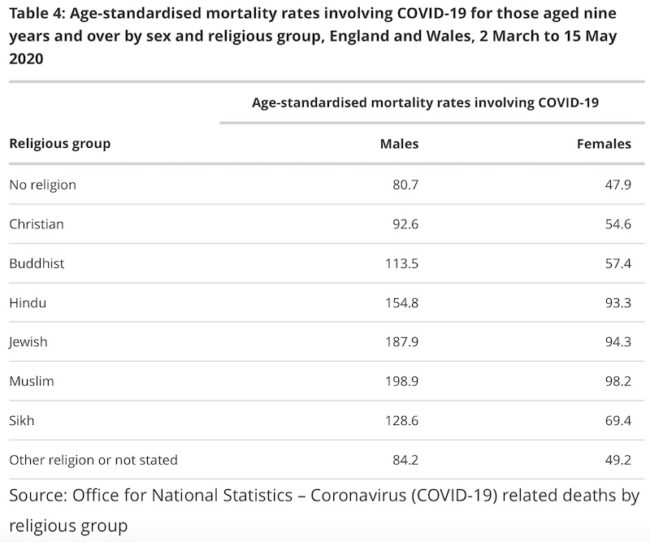
Within the above you can clearly see that people who have no religious belief have a far lower probability of death by COVID-19, and those within the Jewish and also Muslim communities have a far higher risk.
Being male instead of female also greatly increases your risk.
What should we make of this?
Rather obviously COVID-19 does not care about what you actually believe, so what is going on here?
It is in reality complicated, and many other factors are in play here.
Things that really should also be taken into account include …
- Region
- Population density
- Socio-demographic
- Household characteristics
- Ethnic background
- etc…
How people think may also play a role. For example, those with no specific belief (from any ethic group) may in fact also be naturally inclined to be the type of personality that tends to lean towards thinking analytically, hence naturally exercised more social distancing.
Those who belong to a tightly bound micro-religious-community may find that others around them rush in to give support in a time of crises, and that created a context in which COVID-19 was able to transmit, in the early days prior to the issuing of strong public social-distancing guidance.
Key Point
If you took such statistics at face value and ran with it, you could conclude that having a specific belief greatly increases the impact of COVID-19. You could even envisage somebody using such data to justify discrimination against people for holding a specific belief.
This is perhaps akin to giving the public guidance that eating tomatoes is very dangerous. Statistically, every single person who ate a tomato between the years 1743 and 1857 is now dead. Rather obviously the issue there is not tomato consumption.
In other words beware statistics. They can highlight a correlation that actually has no causal relationship at all.
Other weird correlations that have no causal relationship
Via here …
